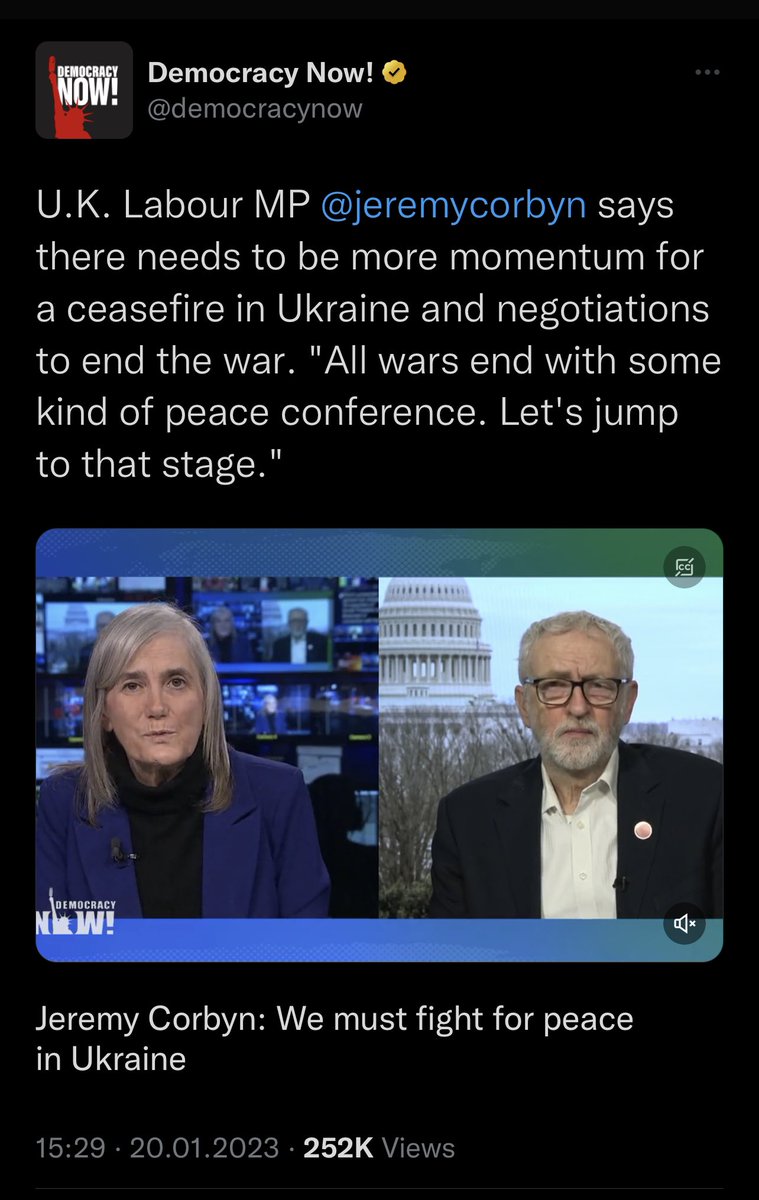
I’ve always had huge respect for Germany. The way they properly reflected & rejected their totalitarian past was inspiring.
From a Baltic perspective, it always served as a sharp contrast to Russia’s inability to do the same.
But that goodwill to Germany has been shattered.
From a Baltic perspective, it always served as a sharp contrast to Russia’s inability to do the same.
But that goodwill to Germany has been shattered.
Everyone said “never again”.
But Germany mistook that from a self-absorbed perspective to mean only Germany shall never again be the aggressor.
They didn’t consider what “never again” means for other countries - like them now - having to deal with an expansionist fascist power.
But Germany mistook that from a self-absorbed perspective to mean only Germany shall never again be the aggressor.
They didn’t consider what “never again” means for other countries - like them now - having to deal with an expansionist fascist power.
Over the past year, we’ve discovered how badly we too misunderstood Germany.
Germany seems to think it has a debt to the Moscow ally it started WW2 with …but, somehow, not to the countries of Eastern Europe in-between that they waged their war against.
Germany seems to think it has a debt to the Moscow ally it started WW2 with …but, somehow, not to the countries of Eastern Europe in-between that they waged their war against.
From our perspective, the entire tank debate is absolutely batshit crazy. Incomprehensible. We could understand the naïveté towards Russian imperialism in the 90s, perhaps after 2014, even January last year …but not during the full scale attempted genocide of a sovereign nation.
We see a lot of bad takes about how the Baltic states are helping Ukraine because it’s a conflict in our region.
But Germany is closer to Ukraine than Estonia. Berlin is closer than Tallinn.
The Baltics are giving everything they can because we truly believe “never again”.
But Germany is closer to Ukraine than Estonia. Berlin is closer than Tallinn.
The Baltics are giving everything they can because we truly believe “never again”.
I still have many friends in Germany - but I don’t think they or the wider country are anywhere close to comprehending how perceptions of Germany have plummeted among its closest friends.
Having said all this, I still know there are plenty of Germans here online who have been outstanding at opposing Russian imperialism & supporting Ukraine, as well as being true friends of the Baltics states & Eastern Europe. We still believe in you.
Perhaps Germany just wants to delay, be criticised, then approve due to its historical need to act as the opposite to an aggressor - even when that behaviour suits an actual aggressor.
But Germany needs to reflect again on its history - how it colluded with Moscow against Eastern Europe - and urgently learn what it means to be a country that now must stand up to an expansionist fascist power that it once was.
#FreeTheLeopards
#FreeTheLeopards
• • •
Missing some Tweet in this thread? You can try to
force a refresh















